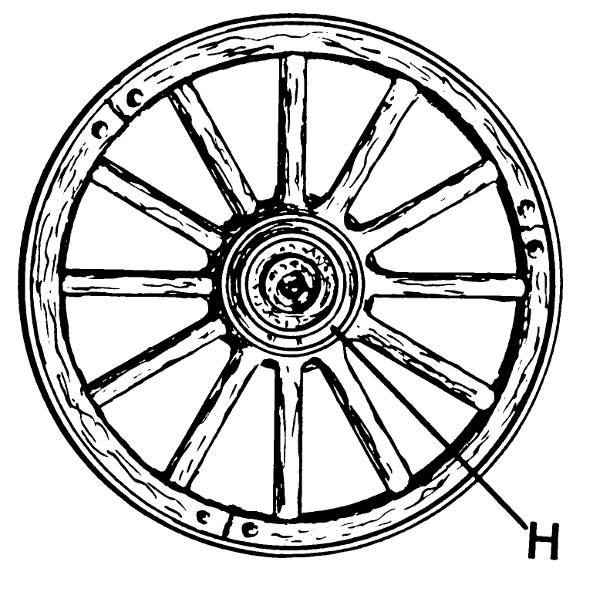In a recent Thought for the Day broadcast on Radio 4 the Reverend Joel Edwards suggested that the power to forgive, with all its consequences of release and reconciliation, is God’s gift to us, and it enables us to be truly human. There’s nothing unreasonable about the Reverend Edwards holding this view – if I shared his religious beliefs then I too would probably think that forgiveness is God’s gift to us, because I’d think that all good things are God’s gift to us. But some believers go further than this, and suggest that forgiveness has a special connection with religious belief, perhaps only makes sense in a religious context – as Alexander Pope said, “To err is human, to forgive, divine”. This raises an important question about how we secularists, who have no religious commitments, are to think of forgiveness. It is indeed a concept of central importance to some religions, most notably Christianity – but does that mean that the irreligious can make no use of it at all? Or even if we can still grasp the concept, are we obliged to regard forgiveness as being of lesser or no value to us, just because it’s of such great value to at least some of the world’s major religions? Of course not.
Many of our morally loaded concepts have religious origins (the most obvious one perhaps being “evil”). But that doesn’t prevent such concepts being meaningful in a secular context: consider for example the religiously freighted concept of atonement, and then think how readily all of us, believers and unbelievers alike, can understand that a man who was involved in the hideous torture of prisoners during the Second World War might spend the rest of his life trying to atone for this by seeking out the places where many of them died and trying to make memorials to them (see The Railway Man by Eric Lomax).
We may disagree about the value of what he did, but we won’t have a problem with understanding it as a case of attempted atonement for the horrors that he had committed. Similarly with forgiveness: we can understand what’s involved in it, and in the light of that understanding we can, if we want to, choose to overcome our hatred towards wrongdoers, and decide to wish them well (whatever that amounts to), without making any appeal to religion. Indeed our reason for forgiveness may be partly due to our lack of religious belief: if we don’t choose to break the cycle of hatred, there isn’t going to be anybody else to do it for us.
Religious and irreligious thinkers may well have different views about whether forgiveness is always a good thing, or about when exactly it’s called for, just as they may have different views about which acts or persons count as evil; but such disagreements can be found as much between different religious groups as between religious and secular thinkers.
There are good reasons, good secular reasons, for forgiving wrongdoers, just as there are good religious reasons too; what makes the issue of forgiveness a complicated one is that there are also good reasons, both secular and religious, for refusing to forgive. Which reasons win out, and in what circumstances, is a matter of intense debate, and though the arguments that convince religious believers may sometimes be different from those that persuade unbelievers, they’re talking to each other about the same phenomenon.
The question of whether we should treat those who have wronged us with the hostility their actions deserve, or whether we should, out of something like human solidarity, offer wrongdoers a kindness and forbearance that they certainly haven’t earned, can be just as important for those who think that humanity is alone in the universe as it is for those who are committed to the existence of a supernatural creator.
Forgiveness, by Eve Garrard and David McNaughton, is published by Acumen

